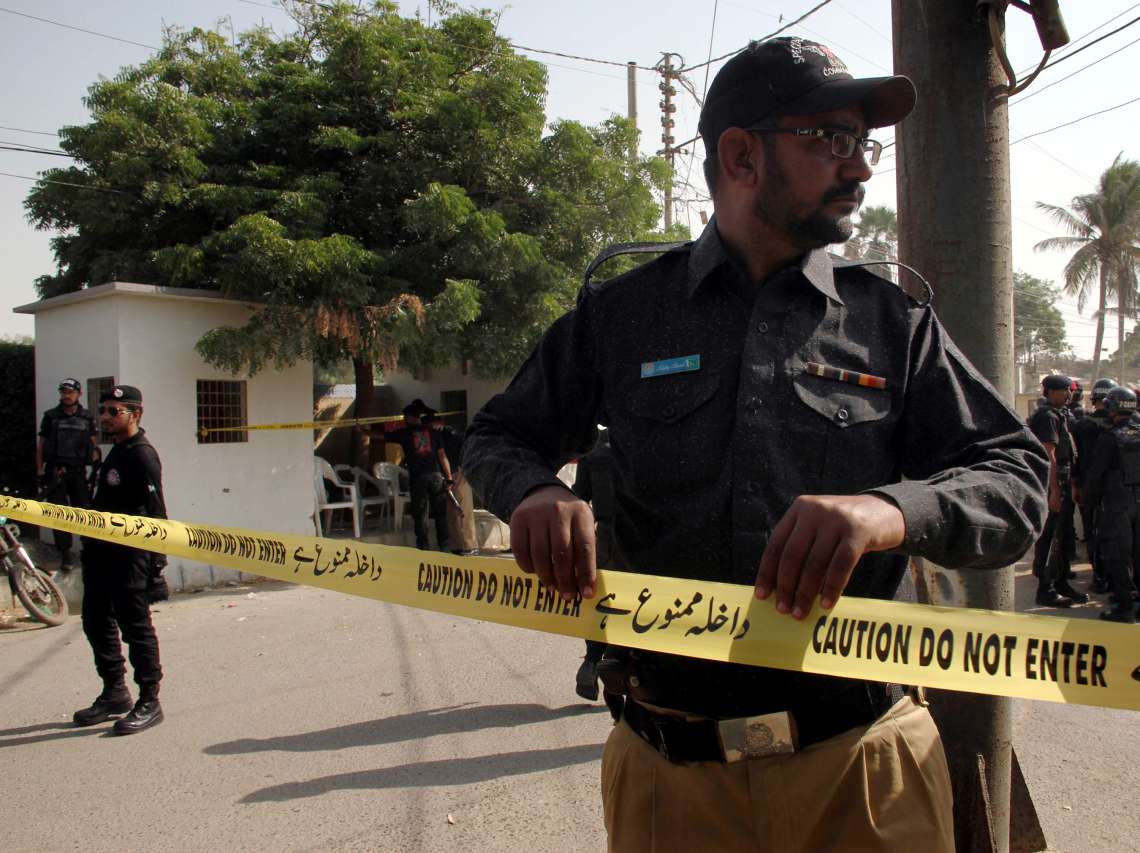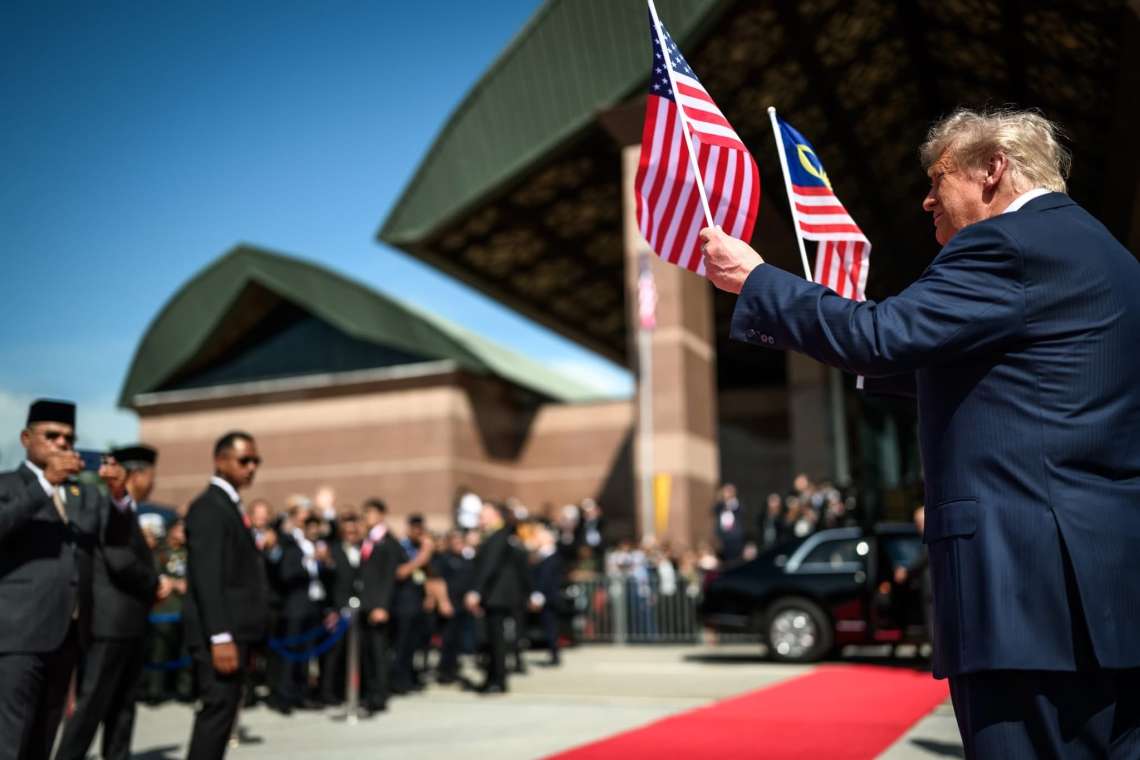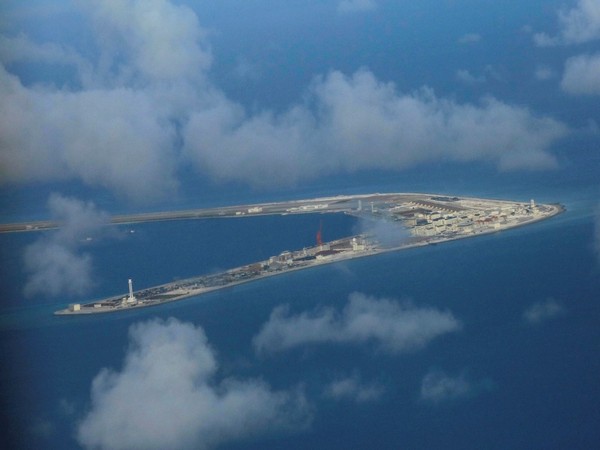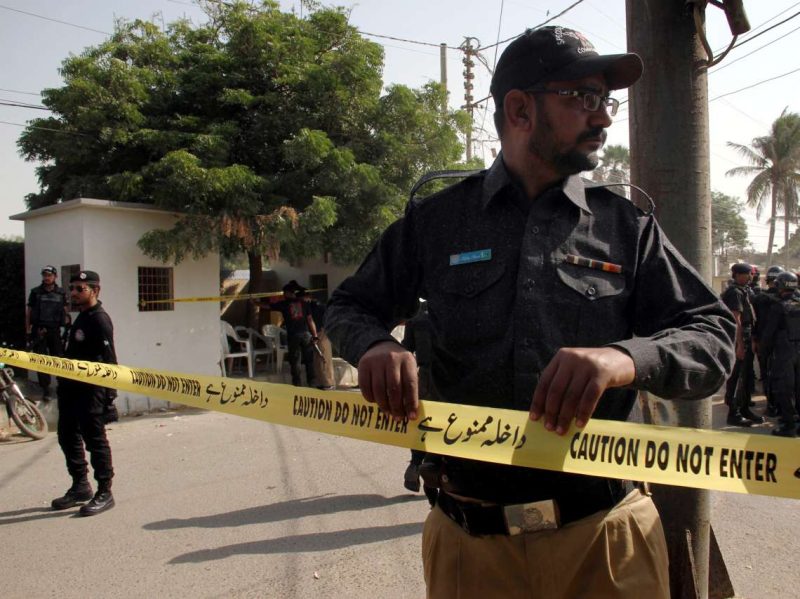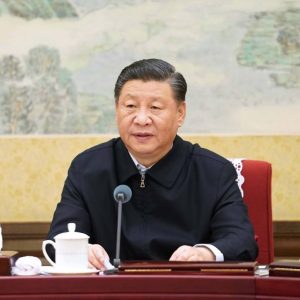Former Pakistani Army Chief Qamar Javed Bajwa played a pivotal role in the Islamabad-US reset, reports Atul Anej
Just before the new Pakistani Army Chief, Asim Munir took over the reins of military power in Rawalpindi, the dreaded terror group, Tehreek-e-Taliban Pakistan (TTP) terminated its ceasefire with Islamabad.
The group also called ‘Pakistan Taliban’ demonstrated that the six-month ceasefire was history, by launching a couple of deadly attacks.
A suicide bomber targeted a bus carrying member of the Pakistani constabulary in the Baluchistan’s capital, Quetta. This was on November 30. The audacious attack, which was widely reported across the globe, earning TPP several brownie points in the arena of information war, killed six people, including a policeman.
Then on Thursday, the TTP claimed responsibility for ambushing a convoy ferrying Pakistani forces near the army public school in Azam Warsak area of Wana Tehsil of South Waziristan district.
Shaken by the TTP’s threat of unleashing fresh violence, Pakistan’s Interior Minister Rana Sanaullah said on Friday that the rise in terror activities was alarming, but the situation was not out of control. Nevertheless, he roundly blamed the Taliban government in Kabul for being complicit in spawning the crisis. “The TTP is enjoying all sorts of facilities in Afghanistan,” the Minister observed.
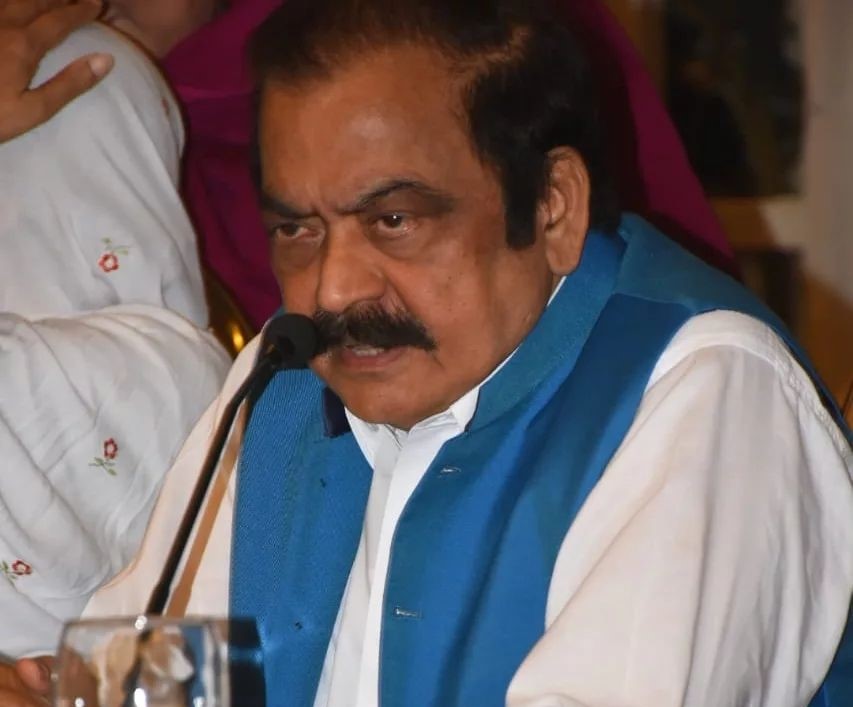
He lamented that the Afghan government had promised the world that it would not allow the use of its soil for terrorism. “If they follow through with this, it is not only in the benefit of Pakistan but it is also for their own benefit […] Because if the TTP is present there and is carrying out terrorist activities here, their soil is being used (for terrorist activities) contrary to their claims.”
Amid the crisis, the Americans, unsurprisingly, have come to Pakistan’s support. On Thursday, Washington designated the number two of the TTP, Mufti Hazrat Deroji, also known as Qari Amjad, as a terrorist.
US officials say Deroji has overseen operations in Khyber Pakhtunkhwa, one of two border areas that have borne the brunt of violent attacks, an AFP report said.
The ceasefire between TTP and Pakistan had begun after the Afghan Taliban steamrolled Kabul in the 2021 leading to the humiliating exit of the Americans from Afghanistan. The Afghan Taliban’s Interior Minister Sirajuddin Haqqani, mediated these talks with the Pakistanis. Former ISI Chief and then Corps Commander based in Peshawar, Lt. Gen. Faiz Hameed led the talks from the Pakistani side.
In hindsight, the dialogue for a patch up was bound to fail. The Pakistanis wanted the Afghan Taliban to handover to them TTP kingpins based in Afghanistan who had ordered terror attacks inside Pakistan. But the Afghan Taliban refused to comply, spotlighting close bonds between fellow Pashtuns who have operated on either side of the disputed Durand Line — the colonial era border between Afghanistan and Pakistan.
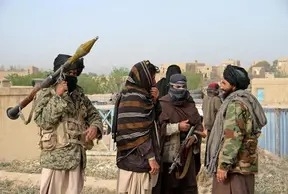
Buying time, the TTP took the ceasefire opportunity to recoup and re-organise themselves for a fresh onslaught. When they ended the ceasefire, it was carefully timed to Gen. Munir’s elevation to the post of Chief of Army Staff (COAS). Apart from the military transition, the ceasefire ended when the former Pakistani Prime Minister’s Long March had driven deep divisions within Pakistan’s elite and rattled the country’s societal cohesion. The Pakistan economy had also hit rock bottom, making a robust counter-campaign by the military in the badlands of South Waziristan prohibitively expensive.
The US decision to support Pakistan is not surprising. The Afghan Taliban had alienated the Pakistanis and the Americans who had to beat an undignified retreat from Afghanistan once the Taliban established control in Afghanistan. With the Afghan Taliban alienating both Washington and Islamabad, the two appeared to have joined forces to pressure Kabul. In late July, the US apparently flew its drone that killed Al Qaeda Chief Ayman Al Zawahiri in a Kabul safehouse, over Pakistani air space.
Former Pakistani Army Chief Qamar Javed Bajwa played a pivotal role in the Islamabad-US reset. In tune with Al Zawahiri’s killing, Bajwa had spoken to US Deputy Secretary of State Wendy Sherman, requesting her to use her good offices to secure Pakistan a badly-needed IMF loan. The jury is now out on whether Gen. Asim Munir will follow in Gen. Bajwa’s footsteps to further consolidate the Pakistan-US relationship.
(The content is being carried under an arrangement with indianarrative.com)



